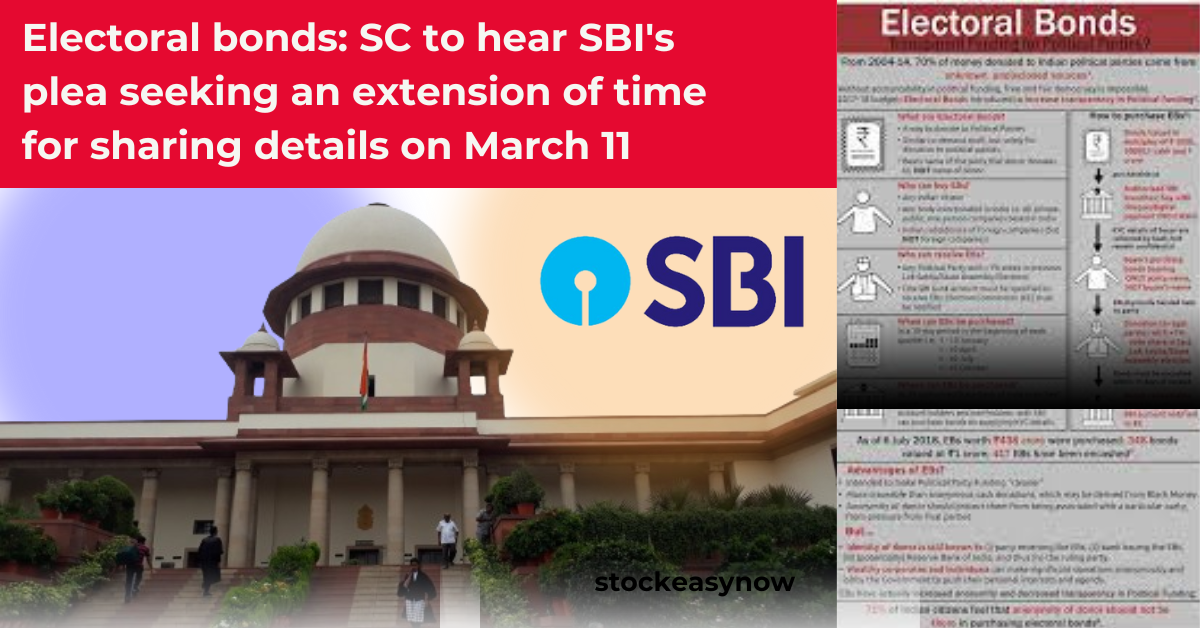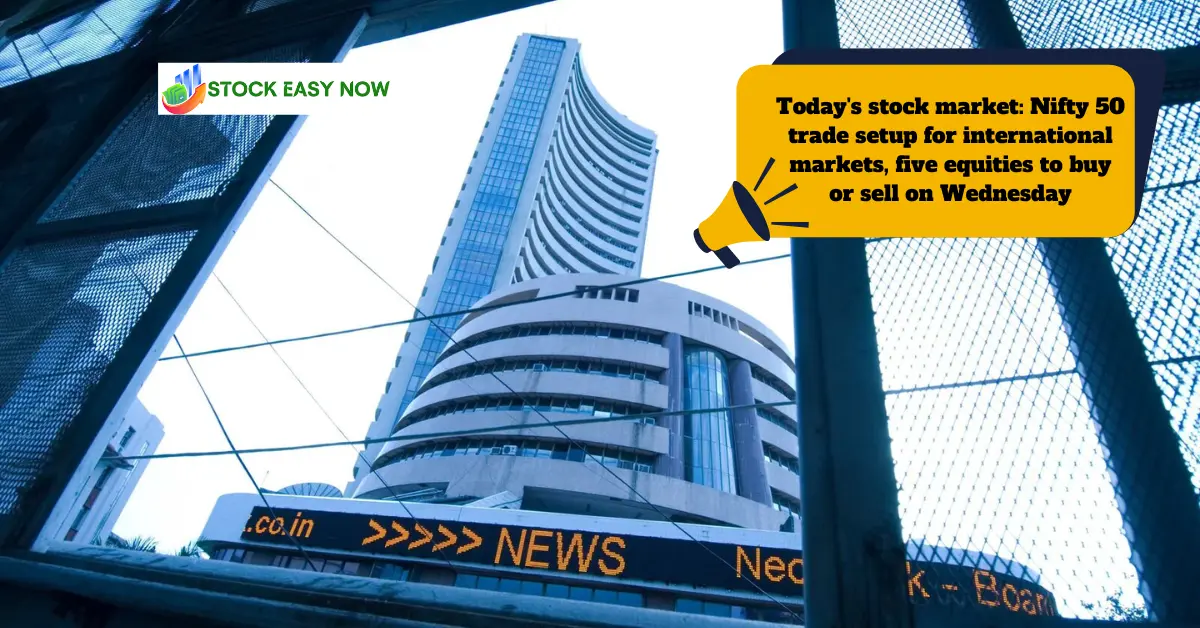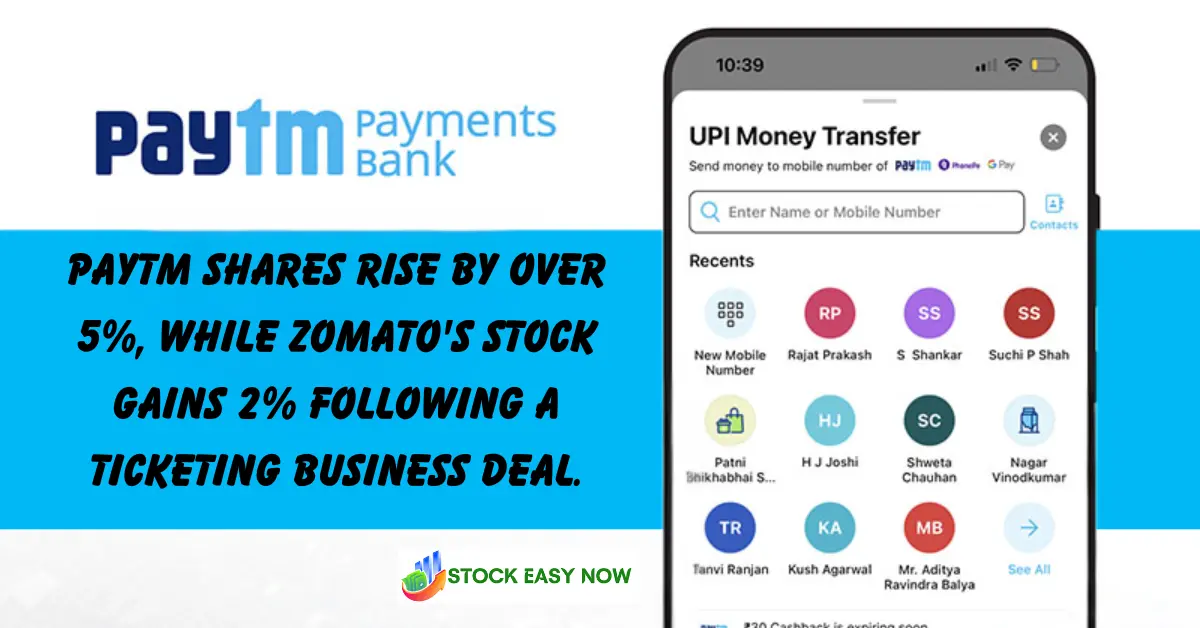Electoral bonds: A constitution bench comprising five judges, led by Chief Justice of India D Y Chandrachud, will also consider a contempt plea filed by ADR, which accuses the State Bank of India of intentionally prolonging proceedings.
On March 11, the Supreme Court is set to review an application submitted by the State Bank of India (SBI). Last week, the SBI petitioned the apex court, seeking an extension until June 30 to reveal information regarding each electoral bond cashed by political parties. Additionally, a contempt plea lodged by ADR, alleging intentional delays by the SBI, will also be heard by a five-judge constitution bench presided over by Chief Justice of India D Y Chandrachud.
In its plea, the Association for Democratic Reforms (ADR) asserted that the SBI’s application “is malicious and indicates intentional and deliberate disregard and defiance of the judgment issued by the Constitution Bench…”
ADR argued that the SBI intentionally applied on March 4, 2024, at the eleventh hour to prevent the disclosure of donor details and donation amounts to the public before the upcoming Lok Sabha elections. Furthermore, ADR stated that the application fails to disclose any progress or actions taken to adhere to the judgment, nor does it demonstrate any level of compliance with the ruling.
In response to the plea, Chief Justice of India Chandrachud stated that the contempt plea would be considered alongside the SBI’s plea if the petition had been appropriately numbered and verified. Bhushan assured the court that he would fulfill the necessary formalities.
The electoral bonds scheme for political funding was annulled by the Supreme Court last month, citing breaches of constitutional rights including freedom of speech and expression, as well as the right to information.
Curbing black money and ensuring the anonymity of donors can’t be grounds to defend electoral bonds or the need for transparency in political findings, the judge ruled.
The Supreme Court directed the State Bank of India to halt the issuance of electoral bonds immediately and instructed it to provide information on all bonds purchased since the court’s The interim order issued on April 12, 2019, must be submitted to the Election Commission by March 6. Additionally, the court mandated the Election Commission to publish these details on its website by March 13, 2024.
Also Read: SJVN shares
The Supreme Court stated that disclosure of information regarding corporate contributors via Electoral Bonds is necessary as donations from companies are solely for quid pro quo purposes.
EC must provide information on its website. Electoral bonds that have not been encashed will be returned,” the Supreme Court bench stated.
Electoral bonds are interest-free bearer instruments mainly employed for making anonymous donations to political parties. Introduced in 2018, these bonds are issued by the State Bank of India (SBI) and are available in multiples of Rs 1,000, Rs 10,000, Rs 1 lakh, Rs 10 lakh, and Rs 1 crore.





